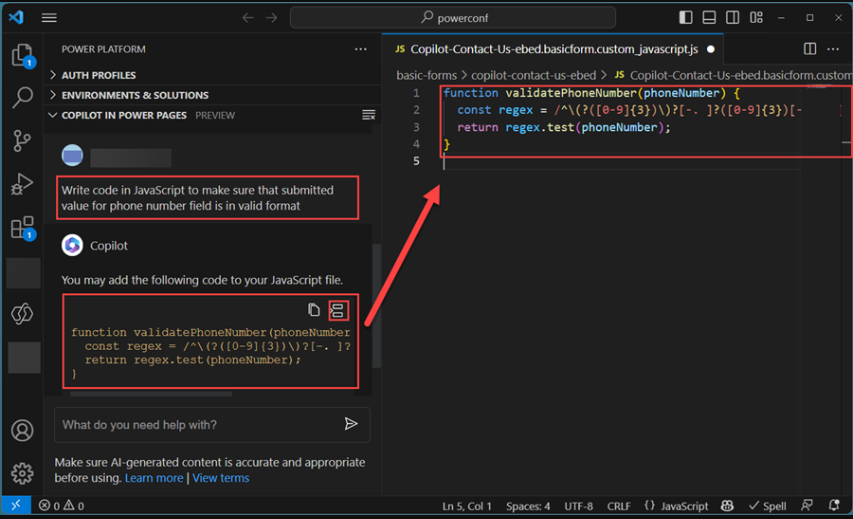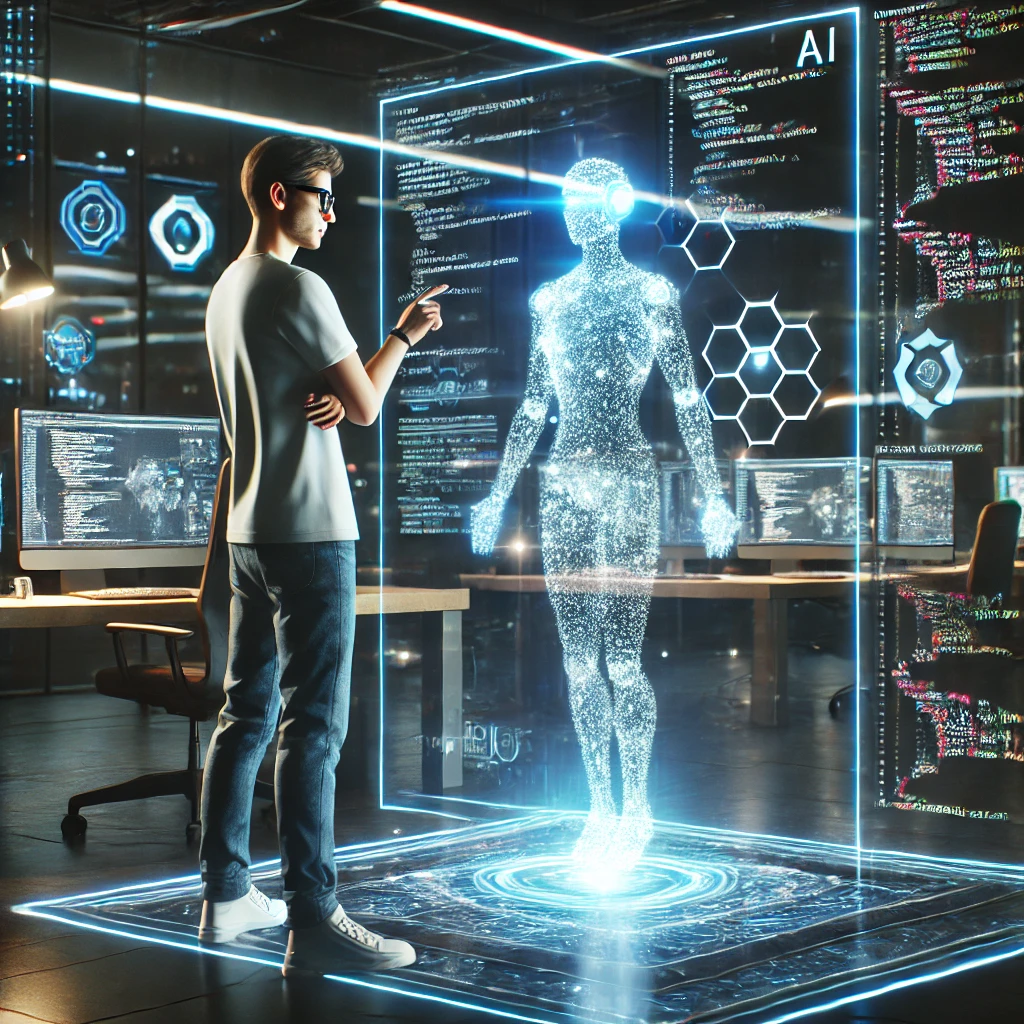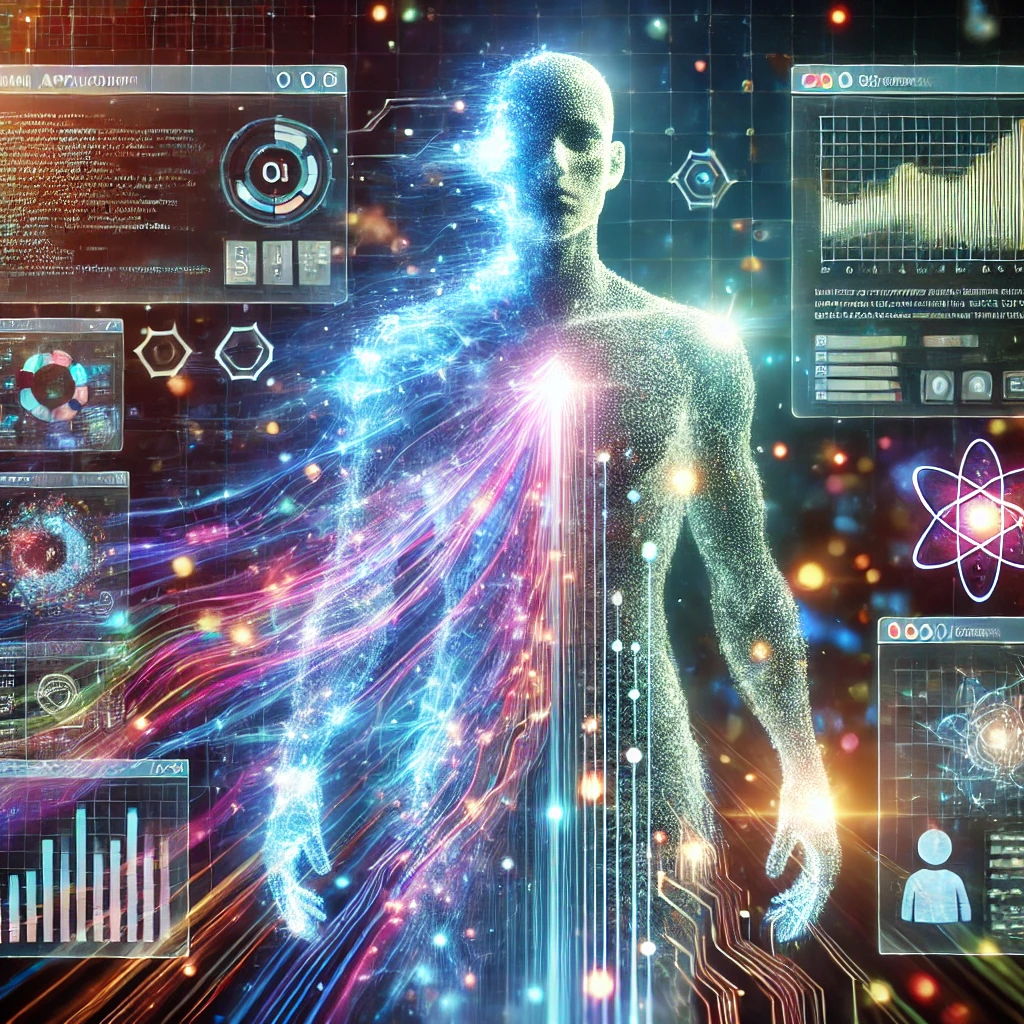
Experiments in AI-Generated Code: Insights and Limitations

Artificial intelligence has revolutionized many industries, and software development is no exception. With the advent of AI tools capable of generating code, developers now have powerful assistants to tackle repetitive or time-intensive tasks. To explore the capabilities and limitations of AI-generated code, I conducted two experiments involving Android app development. These experiments revealed both the promise and the pitfalls of relying on AI for code generation, highlighting the indispensable role of software engineers in the process.
Experiment 1: Parcel Data App
In the first experiment, I tasked the AI with creating an Android app that could take an address and retrieve parcel data using a public API. This data would include acreage, ownership information, and tax history. The AI successfully generated basic functionality, such as the user interface for inputting addresses and boilerplate API handling code. However, there were notable shortcomings:
- Inability to Parse API Standards: The AI did not read or incorporate the specific API standards for retrieving parcel data. It produced generic API handling code that required manual adjustments to align with the actual API documentation.
- Fragmented Code: While the AI generated usable snippets, these pieces did not seamlessly integrate into a cohesive app. A software engineer was necessary to:
- Read and interpret the API documentation.
- Validate and debug the generated code.
- Assemble the app into a functional product.
This experiment demonstrated that AI could accelerate some aspects of development but lacked the contextual understanding required to independently create a fully functional application.
Experiment 2: Stock Performance App

The second experiment involved building an Android app that allowed users to input selected stocks, a starting value, and a time period to evaluate performance over that time frame. Similar to the first experiment, the AI produced valuable components such as:
- A basic user interface.
- Template code for fetching stock data.
- Logic for calculating stock performance.
However, critical gaps emerged:
- Incomplete Data Handling: The AI’s generated code did not account for edge cases, such as missing or inconsistent data from stock APIs.
- Error-Prone Snippets: Some of the generated code contained bugs that required manual debugging and correction by a software engineer.
- Integration Challenges: As in the first experiment, the pieces needed to be properly connected to form a functional app, which required domain expertise and problem-solving skills.
The Role of Software Engineers in AI-Generated Code

These experiments underscore the necessity of software engineers in the AI code generation process. AI tools, while powerful, are far from replacing human expertise. Here are some of the key challenges and risks:
- Inaccuracy and Bugs: AI-generated code often contains errors or inefficiencies. Studies suggest that AI-generated code may introduce up to 40% more bugs than code written by an experienced engineer.
- Security Concerns: Without human oversight, AI-generated code can unintentionally include vulnerabilities. For instance, research by Stanford University has shown that AI-generated code is more likely to omit critical security practices, such as input validation or secure API handling.
- Contextual Understanding: AI struggles with tasks requiring nuanced understanding of specific business logic, API documentation, or user requirements.
Despite these limitations, the main advantage of AI tools lies in their ability to:
- Speed up mundane coding tasks.
- Generate boilerplate code, such as CRUD operations or UI templates.
- Help developers quickly familiarize themselves with unfamiliar frameworks or libraries.
A New Paradigm for AI in Software Development

Looking ahead, I believe the role of AI in software development is likely going to focus on creating an intelligent agent integrated into existing software systems. In this paradigm, software would consist of:
- Front-End for User Interaction: A traditional user interface where users interact with the application.
- Back-End APIs: APIs that enable the AI to gather data, interact with external services, and reinforce its learning based on user behavior and outcomes.
This architecture allows AI to serve as a dynamic, intelligent layer that adapts to the specific needs of the application. By combining human expertise with AI’s ability to process and analyze large volumes of data, I believe software will ultimately evolve into AI agents built for specific applications and which can learn and adapt to new environments and changes in those applications. I will spend more time digging into this topic in a future blog post.
Conclusion
AI-generated code offers tremendous potential to enhance productivity and reduce repetitive tasks, but it is not a magic wand. Software engineers remain essential to ensure code quality, security, and functionality. As AI and software engineering continue to mature, I believe that we’ll focus more on building AI agents that can interact with the outside world based on what it is tasked with. I highly doubt software engineering will be replaced by AI, but it will continue to evolve as AI becomes more prevalent. By embracing this new paradigm, we can unlock innovative ways to build software that better serves humanity.
Additional Reading
- Are generative AI tools going to replace Software Engineers?
- How to use a REST API
- How to write a React app to get Stock Market data